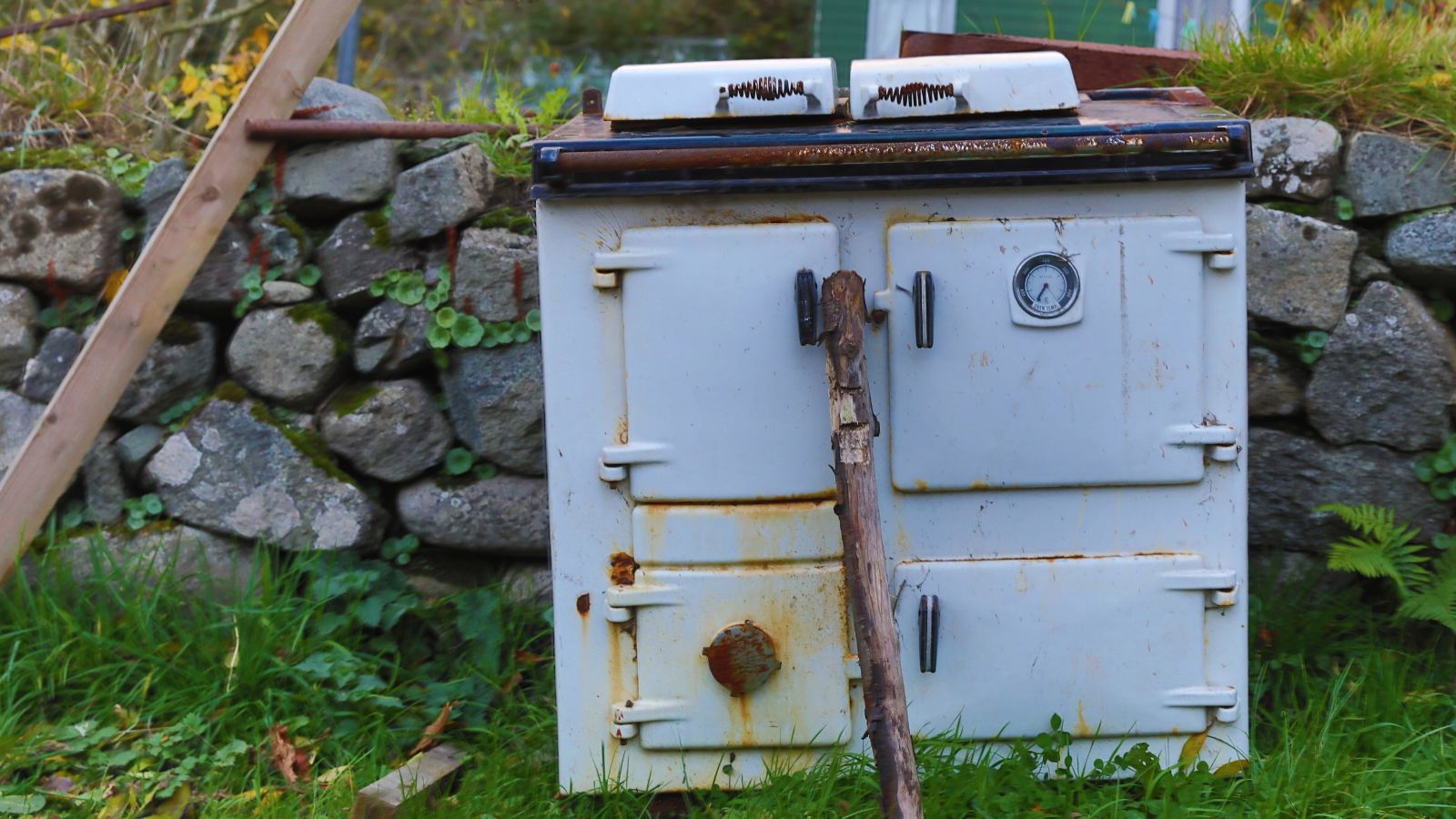Would you volunteer? Government launches new 'Dad's Army' Home Guard to protect power plants and pipelines
Government plans to protect energy infrastructure as part of major defence shake-up

Bring your dream home to life with expert advice, how to guides and design inspiration. Sign up for our newsletter and get two free tickets to a Homebuilding & Renovating Show near you.
You are now subscribed
Your newsletter sign-up was successful
The UK government plans to bring back a volunteer ‘Home Guard’ to protect critical infrastructure like power plants and energy pipelines.
This move aims to reduce risks of disruptions that could trigger energy price rises and impact household bills.
It forms part of a broader Strategic Defence Review responding to increasing global threats and aiming to strengthen the country’s security at home.
Protecting energy supply and prices

Power plants, energy pipelines, and communication hubs form the backbone of the UK’s energy supply.
Any disruption, whether from sabotage or cyberattack, can lead to power outages and spikes in energy prices, which directly affect homeowners.
The new Home Guard will consist of volunteers trained to guard these vital sites, helping ensure the continuous flow of energy and potentially preventing unexpected price rises.
A Ministry of Defence spokesperson said: “Protecting the UK’s critical infrastructure is vital to national security and economic stability. The Home Guard initiative will bolster our ability to defend key facilities, including those essential for energy supply, against emerging threats.”
Bring your dream home to life with expert advice, how to guides and design inspiration. Sign up for our newsletter and get two free tickets to a Homebuilding & Renovating Show near you.
Why now? Rising threats to critical infrastructure
With escalating geopolitical tensions and sophisticated cyber threats from hostile nations, the UK faces unprecedented risks to its infrastructure.
Recent global events have highlighted vulnerabilities in energy networks, making protection more urgent than ever.
“The Strategic Defence Review sets out a clear path to ensure Britain is secure at home and resilient abroad,” said a government official. “This includes safeguarding undersea pipelines and power networks that millions of households rely on daily.”
The review also commits to increased defence spending - reaching 2.5% of GDP by 2027 - with a focus on innovation, technology and volunteer forces like the Home Guard to strengthen national resilience.
What homeowners can do
While the government boosts national protection efforts, homeowners can play their part too.
Improving energy efficiency, such as upgrading insulation or installing smart meters, helps reduce energy demand and exposure to price fluctuations. Supporting renewable energy solutions can also diversify the country’s energy sources, making the supply more secure.
Homeowners are encouraged to stay informed about energy developments and consider simple preparations to manage potential supply interruptions, such as having emergency heating options or backup power sources.
As the Ministry of Defence notes: “Defence is a shared responsibility. The public’s role in supporting energy resilience through awareness and preparedness complements government efforts to secure critical infrastructure.”

News Editor Joseph has previously written for Today’s Media and Chambers & Partners, focusing on news for conveyancers and industry professionals. Joseph has just started his own self build project, building his own home on his family’s farm with planning permission for a timber frame, three-bedroom house in a one-acre field. The foundation work has already begun and he hopes to have the home built in the next year. Prior to this he renovated his family's home as well as doing several DIY projects, including installing a shower, building sheds, and livestock fences and shelters for the farm’s animals. Outside of homebuilding, Joseph loves rugby and has written for Rugby World, the world’s largest rugby magazine.
